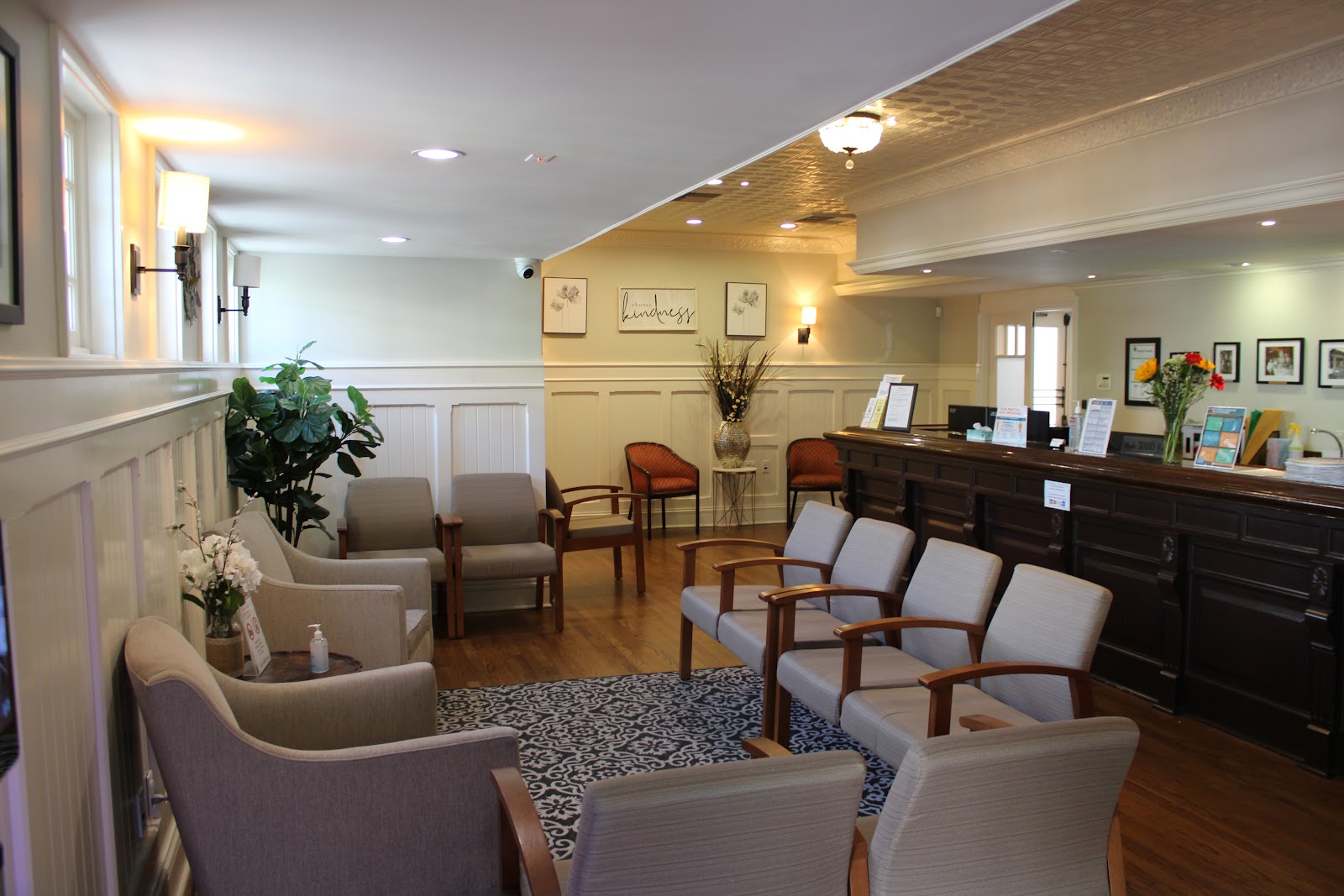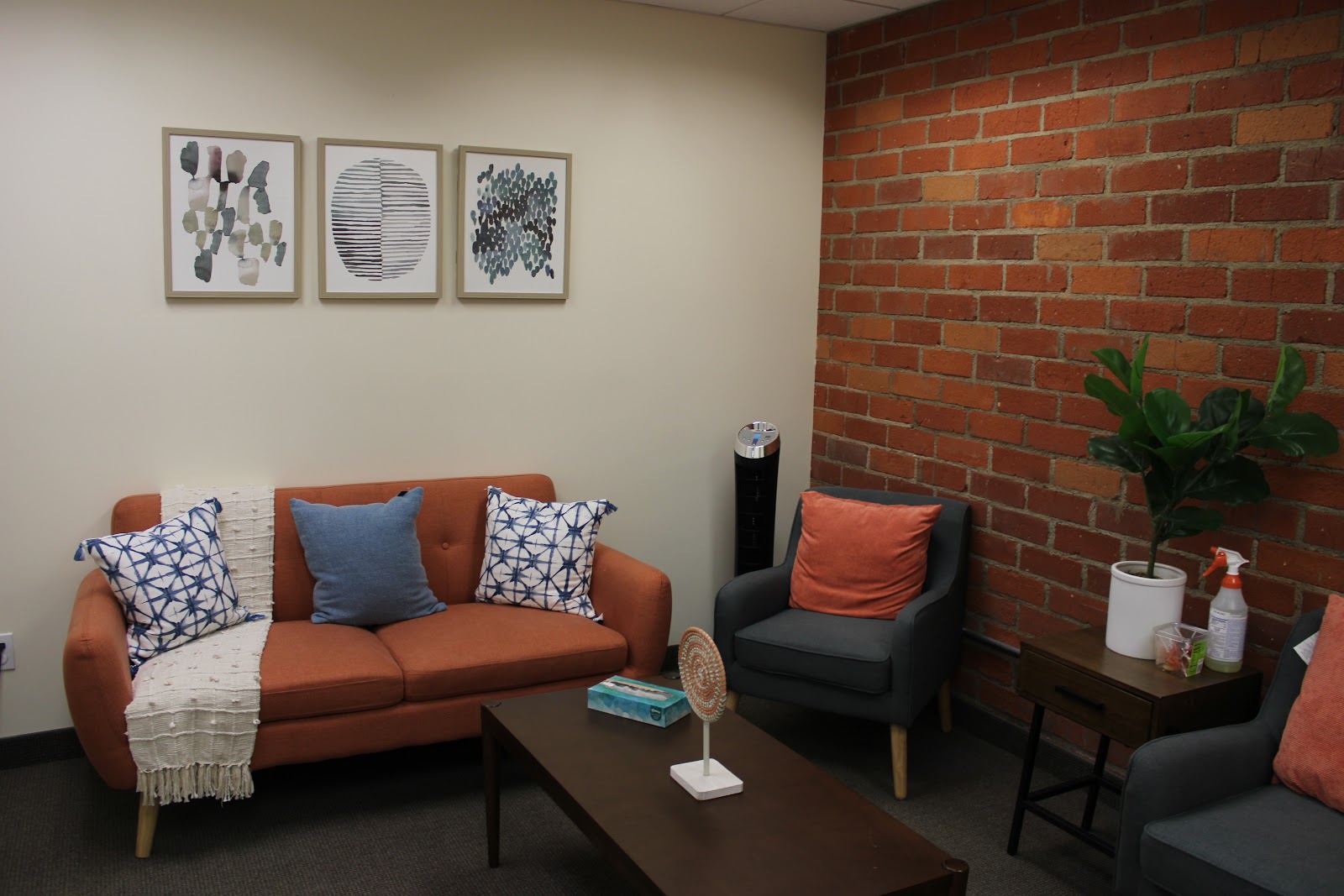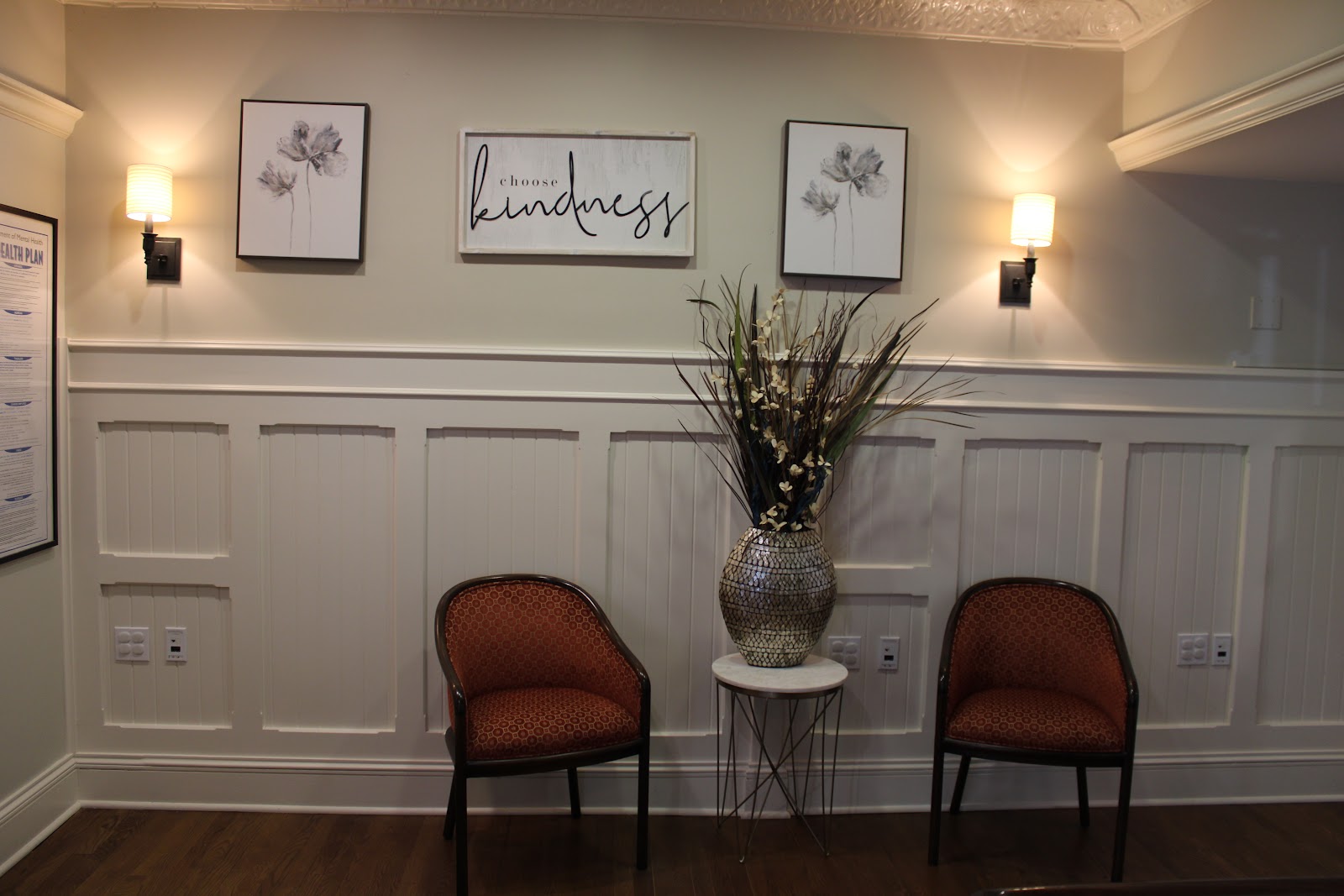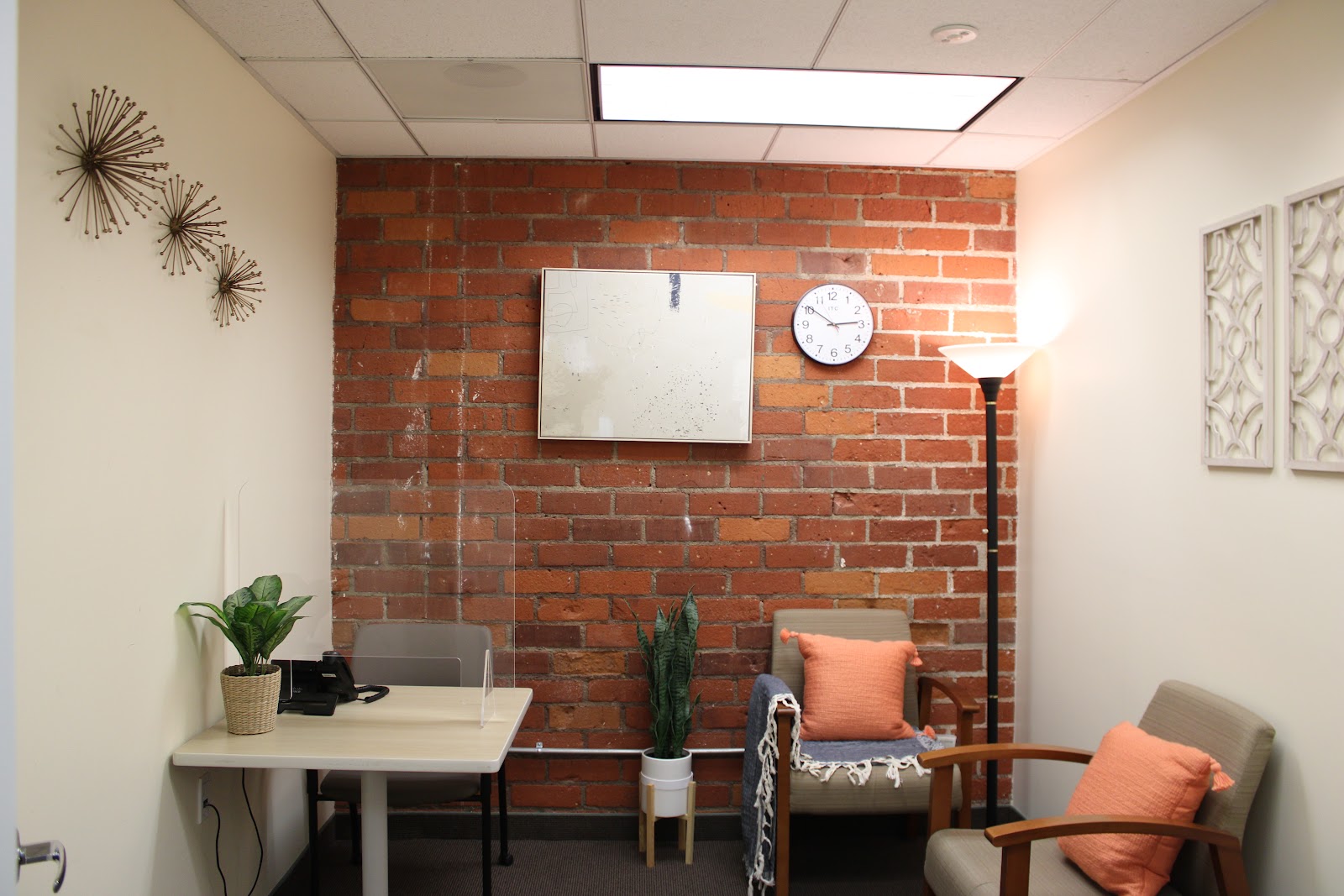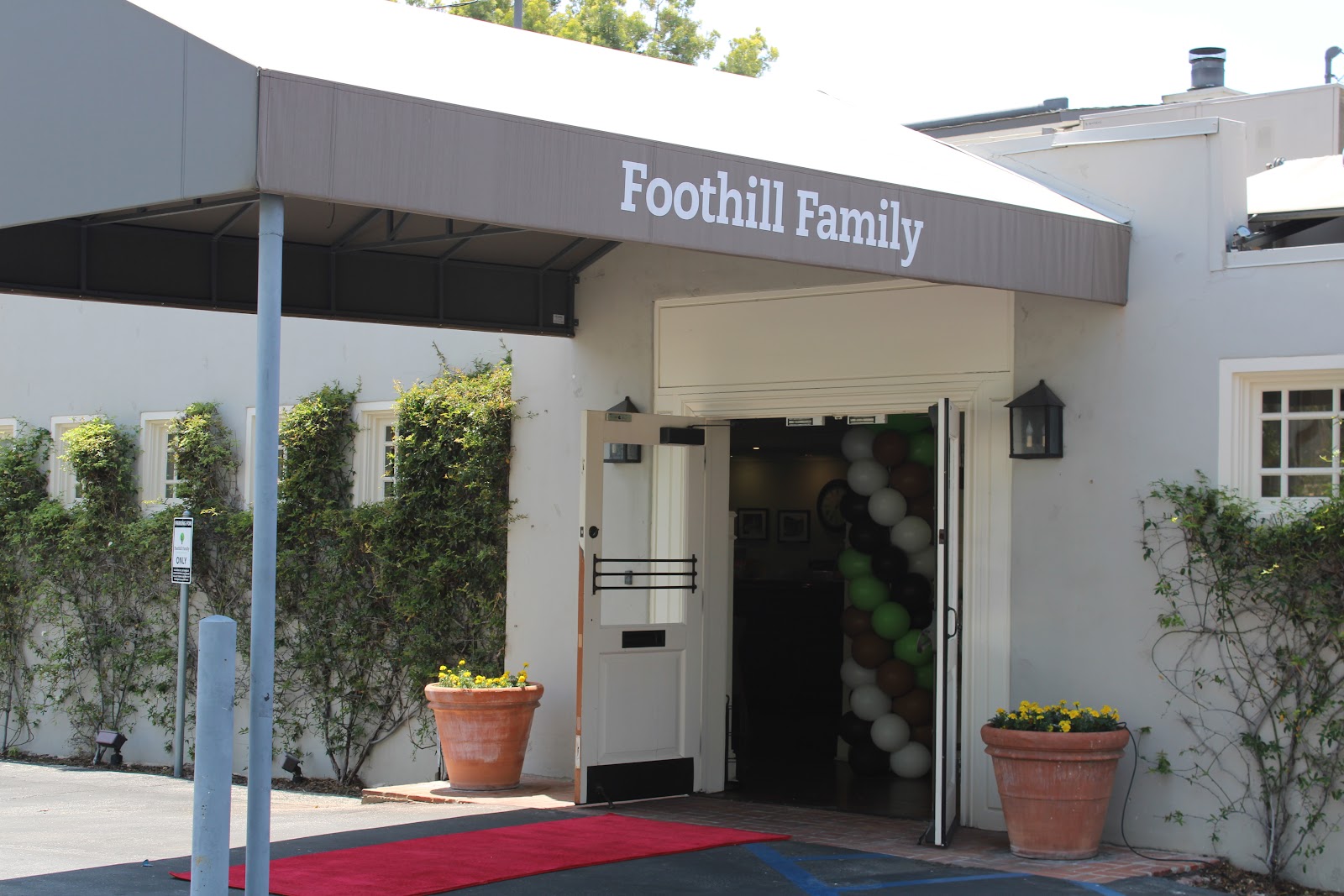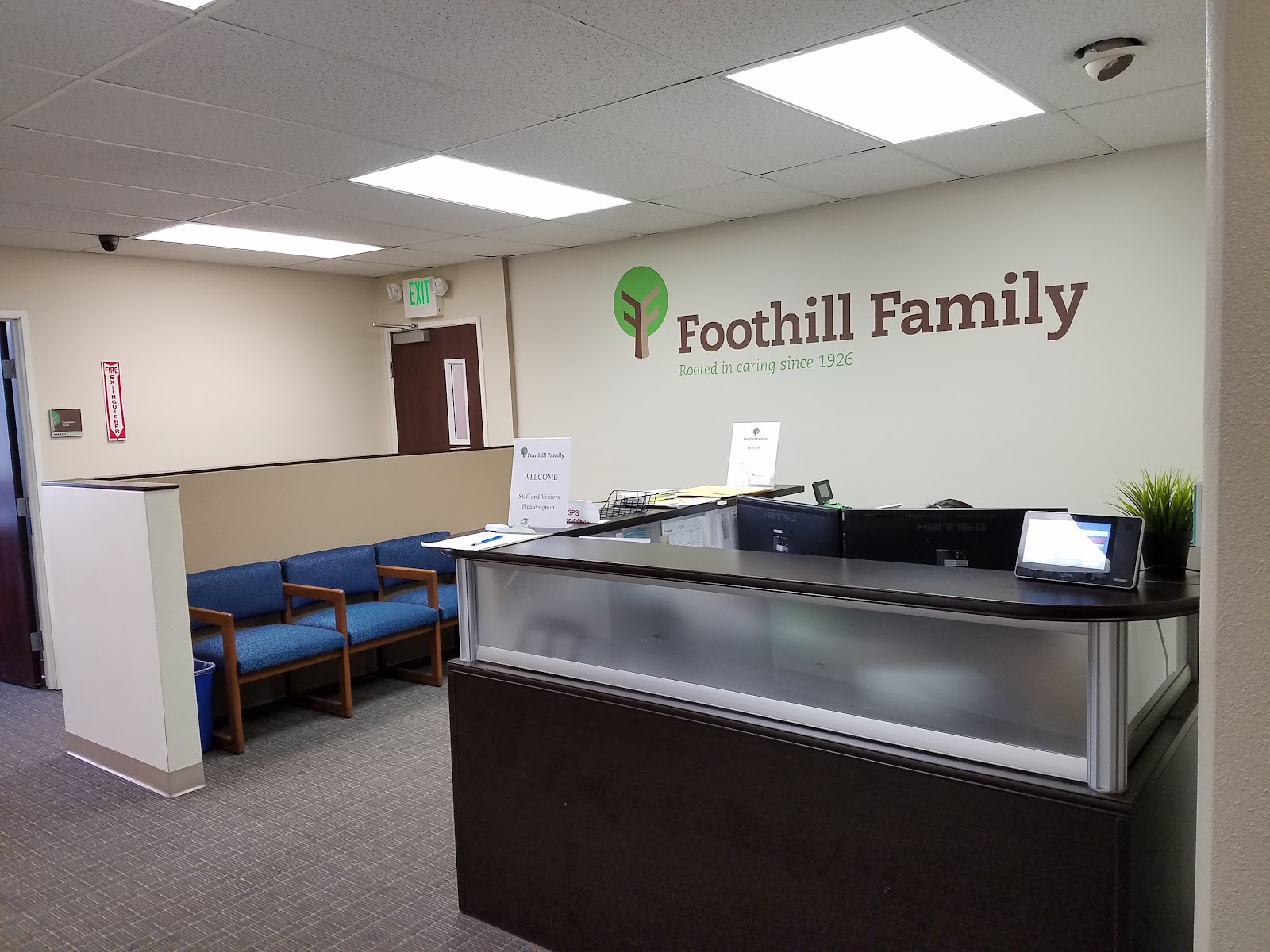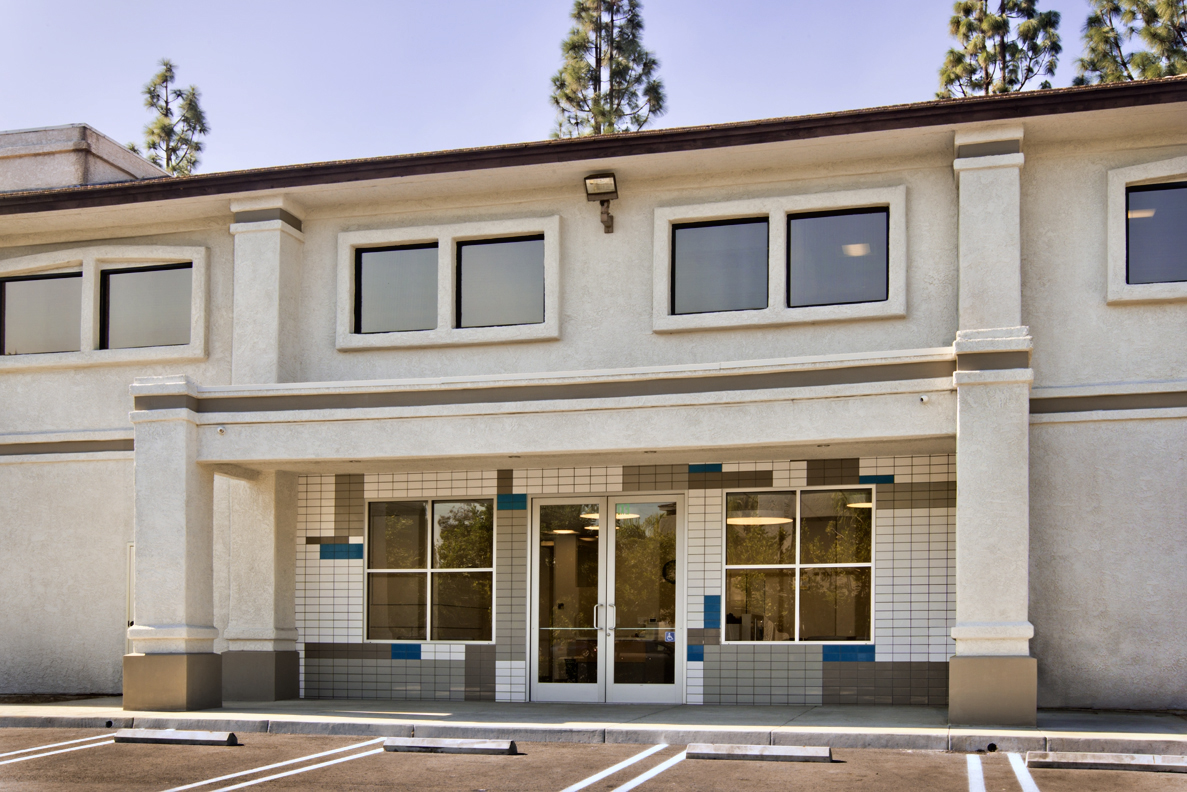Foothill Family - Hudson Avenue
Overview
Foothill Family - Hudson Avenue is a mental health treatment center for people seeking treatment near Los Angeles County. As part of their treatment modalities for recovery, Foothill Family - Hudson Avenue provides family counseling, individual psychotherapy, and cognitive behavioral therapy during treatment. Foothill Family - Hudson Avenue is located in Pasadena, California, accepting county or local government funds for treatment.
Foothill Family - Hudson Avenue at a Glance
Payment Options
- County or local government funds
- Community Service Block Grants
- Medicaid
- Other State funds
- Private health insurance
Assessments
- Comprehensive mental health assessment
Age Groups
- Adults
- Children/adolescents
- Young adults
Operation
- Private for-profit organization
Treatment At Foothill Family - Hudson Avenue

Conditions Treated
Mental health treatment:
Mental health treatment involves various therapies and support services provided by licensed professionals to address mental health issues. These interventions, which can include therapy, medication, and holistic approaches, aim to enhance well-being, improve coping, and empower individuals to lead fulfilling lives. It's personalized, comprehensive care for mental health challenges.

Levels Of Care
Outpatient:
Outpatient treatment in a rehab center offers structured therapeutic services for individuals seeking recovery without full-time residential admission. Unlike intensive outpatient programs, which demand more frequent and longer sessions, standard outpatient care provides a more flexible approach, allowing participants to maintain daily activities and responsibilities while undergoing treatment.

Treatment Modalities
Family counseling:
Family counseling is a therapeutic approach that addresses the dynamics, interactions, and challenges within a family unit. Through guided discussions and interventions, a trained counselor helps family members understand one another, resolve conflicts, improve communication, and strengthen their bonds. This form of therapy can be beneficial for families facing transitions, stressors, or behavioral issues, promoting understanding and facilitating positive change in the familial environment.
Individual psychotherapy:
Individual Psychotherapy provides a private, one-on-one setting where clients can explore and address their personal challenges, behaviors, and feelings related to addiction and recovery. With the guidance of a trained therapist, clients work to uncover the root causes of their substance use, develop coping strategies, and build a foundation for long-term recovery and personal growth.
Cognitive Behavioral Therapy:
Cognitive Behavioral Therapy (CBT) is a widely practiced form of psychotherapy that seeks to address dysfunctional emotions, behaviors, and thoughts through a goal-oriented, systematic process. It encourages individuals to challenge distorted cognitions and change destructive patterns of behavior by promoting self-awareness and effective coping strategies. CBT is often used to treat a range of disorders including anxiety, depression, and stress, making it a versatile and practical therapeutic approach. Through enhancing an individual's capacity to manage life's challenges, CBT contributes to improved mental well-being and overall quality of life.
Dialectical Behavior Therapy:
Dialectical Behavior Therapy (DBT) for addiction treatment is a comprehensive cognitive-behavioral approach initially developed to treat individuals with borderline personality disorder. Adapted for addiction, DBT emphasizes the development of four core skills: mindfulness, emotion regulation, distress tolerance, and interpersonal effectiveness. Through individual and group sessions, patients learn to understand their triggers, manage negative emotions, cope with cravings, and improve relationships, all of which contribute to long-term recovery and reduced substance use.
Group counseling:
Group counseling provides a supportive environment where individuals share personal experiences and insights, under the guidance of a professional counselor. It facilitates self-awareness, fosters interpersonal learning, and helps members work through personal and relational challenges. Through shared dialogue and reflection, individuals learn coping strategies, gain emotional support, and experience personal growth within a communal setting.
Marital/couples counseling:
Whether a marriage or other committed relationship, an intimate partnership is one of the most important aspects of a person's life. Drug and alcohol addiction affects both members of a couple in deep and meaningful ways, as does rehab and recovery. Couples therapy and other couples-focused treatment programs are significant parts of exploring triggers of addiction, as well as learning how to build healthy patterns to support ongoing sobriety.
Trauma-related counseling:
Trauma-related counseling is a specialized form of therapeutic intervention aimed at assisting individuals who have experienced distressing, life-altering events. This approach focuses on helping clients process their traumatic experiences, develop coping mechanisms, and rebuild a sense of safety and trust. Counselors trained in trauma therapy use evidence-based techniques to support healing and resilience, ensuring survivors can move forward and lead fulfilling lives despite their past adversities.
Ancillary Services
Languages
- Sign language services for the deaf and hard of hearing
- Spanish
Special Programs
- Children/adolescents with serious emotional disturbance (SED)
- Active duty military
- Clients who have experienced trauma
- Persons 18 and older with serious mental illness (SMI)

Additional Locations
Contact Information
DISCLAIMER: The facility name, logo and brand are the property and registered trademarks of Foothill Family - Hudson Avenue, and are being used for identification and informational purposes only. Use of these names, logos and brands shall not imply endorsement. BetterAddictionCare.com is not affiliated with or sponsored by Foothill Family - Hudson Avenue.
